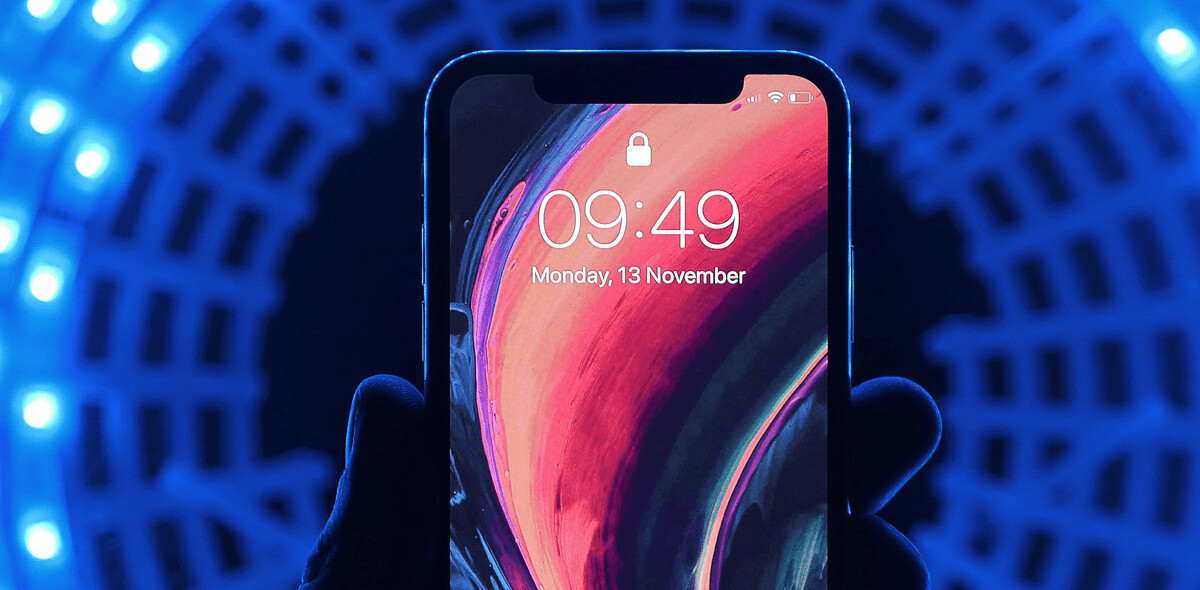
So, tell me if this question sounds familiar:
I sleep with my phone on my nightstand, so I usually check email before I’ve even gotten out of bed. How do I break this habit without feeling guilty for not checking email first thing in the morning?
Many of us use our phones as our alarm clocks or just keep them on the nightstand. To break this habit, I am going to first suggest that you buy an alarm clock. The temptation of having your phone right there is just too great.
You are going to check email as soon as you turn off your alarm. For example, I love peanut M&Ms. However, if I have them in my office or in my home I will eat the entire bag and then feel sick. They are just too tempting. They no longer have a place in my desk drawer or pantry shelf. Find a new nightly home for your phone.
Now, on to the guilt about not checking email first thing in the morning. To combat your guilt, I suggest that you ask yourself these three questions:
- What is the worst thing that could happen if you do not check your email at 6:05 am? Dig deep, what is the worst thing that could happen?
- Now, is it real? Is the worst thing that you came up with actually real?
- Finally, is it true?
Guilt is a close cousin of the shoulds. The problem with the shoulds is that they can easily become a runaway train, adding to your feelings of being overwhelmed and completely undermining your ability to get clear and focused on what you actually need to do. Is checking email at 6:05 am what you actually need to be doing?
A deeper lesson here – it’s okay to answer that question with a resounding ‘no’. Because that’s YOUR “P.O.W.E.R. No”.
Here’s the quick 411 on the P.O.W.E.R. No – for not only this situation, but any other situation where you feel like you ‘should’, ‘must’, ‘ought to’ do something:
- Priorities: When that voice in your head tells you that should complete this task, lead another project, attend another meeting, check your email at 6:05 am, or make cupcakes from scratch, evaluate the priority of that message. How does this “should” align to your priorities, the company’s strategic priorities, and/or your family’s priorities?
- Opportunities: Explore the opportunities. What opportunities does this “should” create for you? Is there something that does actually need additional attention in your life? This “should” could be shining a light on something that you need to address.
- Who: Who or what triggered this “should”? Was it an old script from childhood? Was it an ad in a magazine? Was it your colleague?
- Expectations: Whose expectations are these really? Your manager? Your mother? Your spouse? Your child? Society’s?
- Real: Get real. What is this “should” really about? Are there real priorities that are driving this “should”? Or are you taking on societal expectations that are not in alignment with your priorities?
The P.O.W.E.R. No enables you to think carefully and critically about all of the “shoulds” so that you can consciously and thoughtfully respond.
Think about it – the only thing waiting in your inbox is someone else’s agenda. Are you going to stay focused on your priorities and goals or be sidetracked by what everyone else wants from you?
Read Next: The 4 types of productivity
Image credit: Shutterstock
Get the TNW newsletter
Get the most important tech news in your inbox each week.






